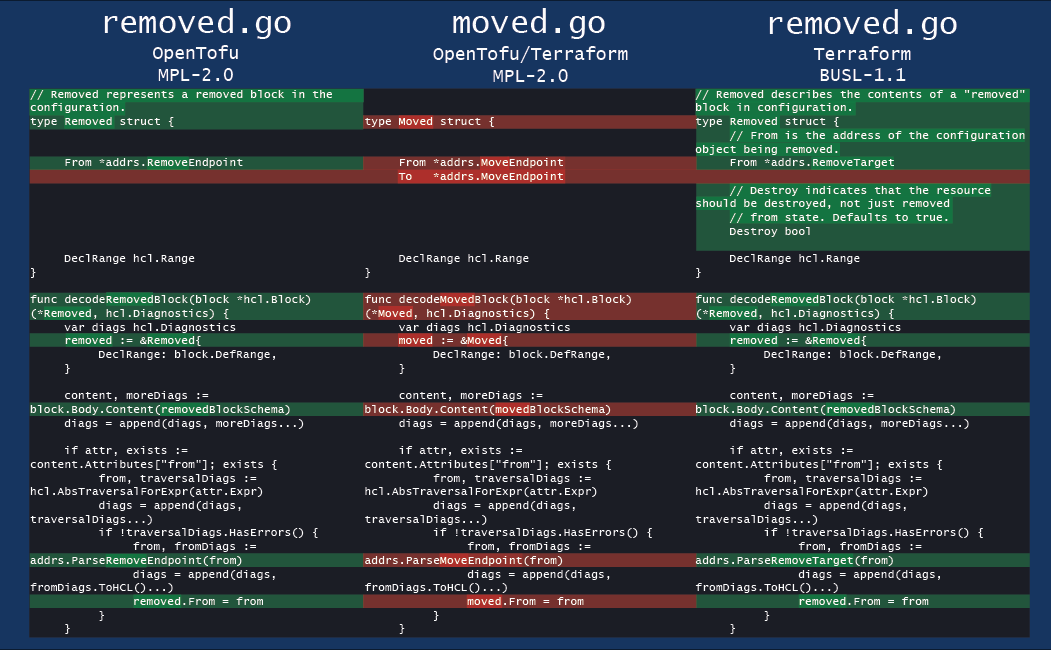If you liked the old Rock Raiders game, check out Manic Miners. It is a free remake in a modern engine.
Is it really a problem that they want to stay faithful to the original game? You say it yourself that FIRS is available as an option for people who want something more advanced to work with, along with all the other NewGRFs.
Is it possible to just run your own SIP-trunk? We're not intending on sending or receiving calls from external numbers outside of our little network.
What do you mean by "a block of external phone numbers?" We'd like to simply have our own internal numbers ideally, nothing to connect to the regular phone network.
You might want to read this https://web.archive.org/web/20230921232415/https://www.theatlantic.com/magazine/archive/2023/11/general-mark-milley-trump-coup/675375/
During the George Floyd protests in early June 2020, Milley, wearing combat fatigues, followed Trump out of the White House to Lafayette Square, which had just been cleared of demonstrators by force. Milley realized too late that Trump, who continued across the street to pose for a now-infamous photo while standing in front of a vandalized church, was manipulating him into a visual endorsement of his martial approach to the demonstrations. Though Milley left the entourage before it reached the church, the damage was significant. “We’re getting the fuck out of here,” Milley said to his security chief. “I’m fucking done with this shit.” Esper would later say that he and Milley had been duped.
For Milley, Lafayette Square was an agonizing episode; he described it later as a “road-to-Damascus moment.” The week afterward, in a commencement address to the National Defense University, he apologized to the armed forces and the country. “I should not have been there,” he said. “My presence in that moment and in that environment created a perception of the military involved in domestic politics.” His apology earned him the permanent enmity of Trump, who told him that apologies are a sign of weakness.
Less that, more just going over to the side to let faster vehicles pass and then continuing on. It is just common courtesy to everyone else driving faster vehicles, and is at least something taught to do in Swedish driving schools.
Minesweeper and various solitaires, which are decent enough to pass time.
I'd say the main benefit gained is sovereignty and a sense of place. This is not for personal use, but rather for a computer enthusiast association that I'm part of, so having our own git to integrate with the rest of our services makes sense. Throw on branding and link it to our SSO.
Oi M8 do you have a loicense for that Encryption? No? Well then, pay the foine or be branded a terrurist within the Five Eyes. /s
You can read their blogpost about it here: https://blog.gitea.com/a-message-from-lunny-on-gitea-ltd.-and-the-gitea-project/
It resulted in Codeberg launching their own fork: https://blog.codeberg.org/codeberg-launches-forgejo.html



There is the passwd LDAP backend, not sure if it works for full auth though.